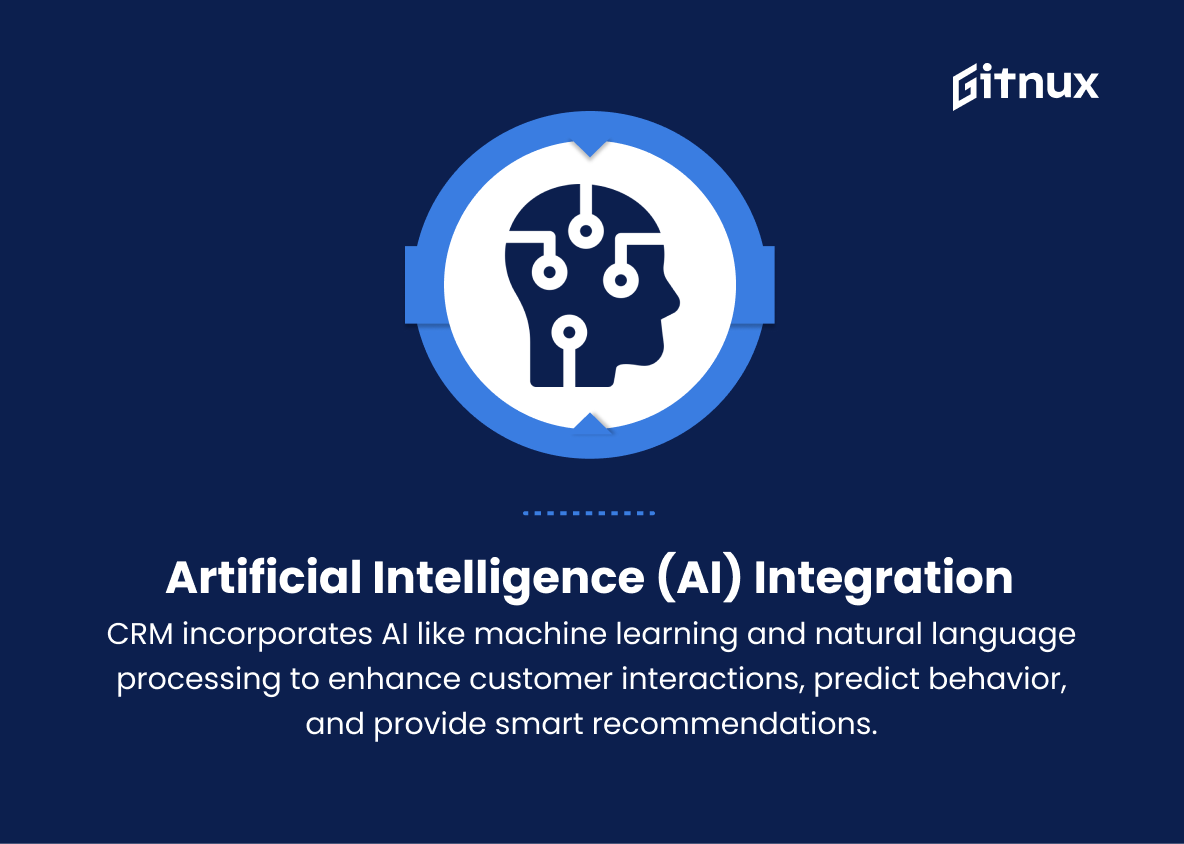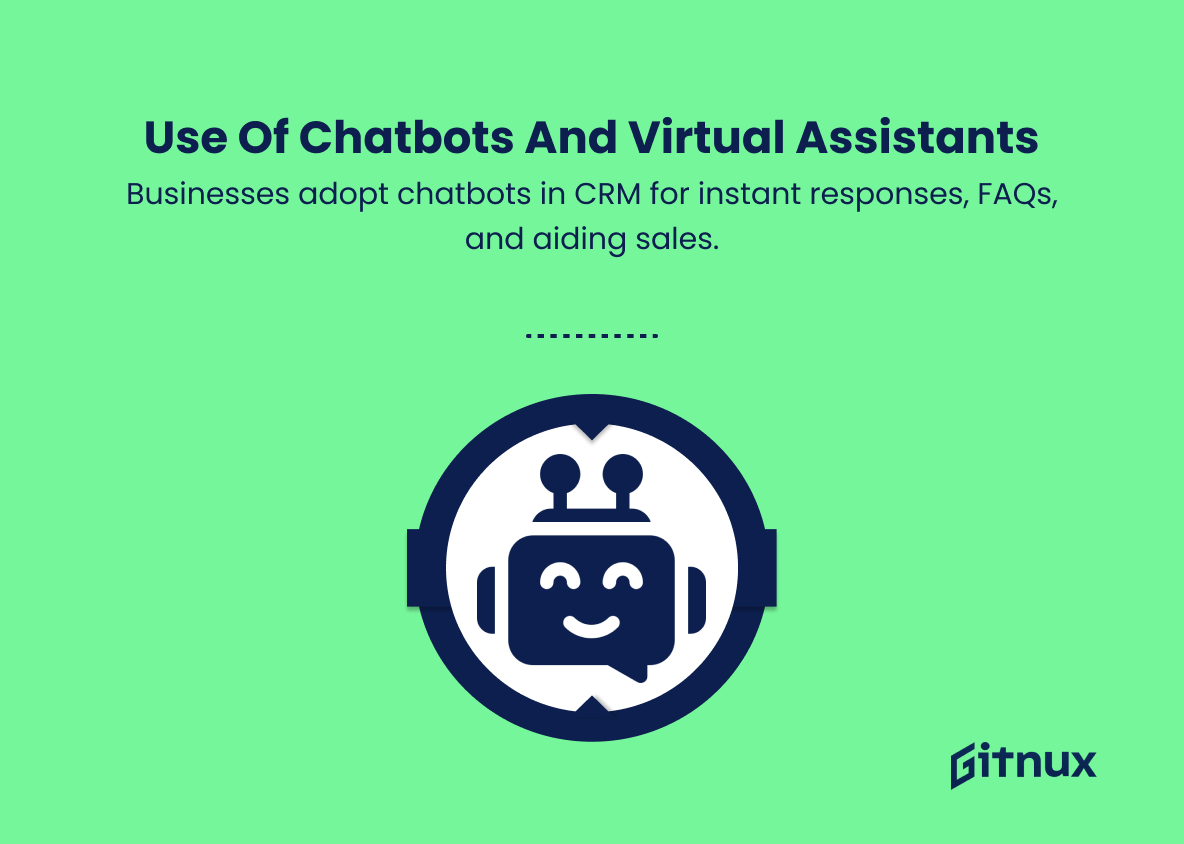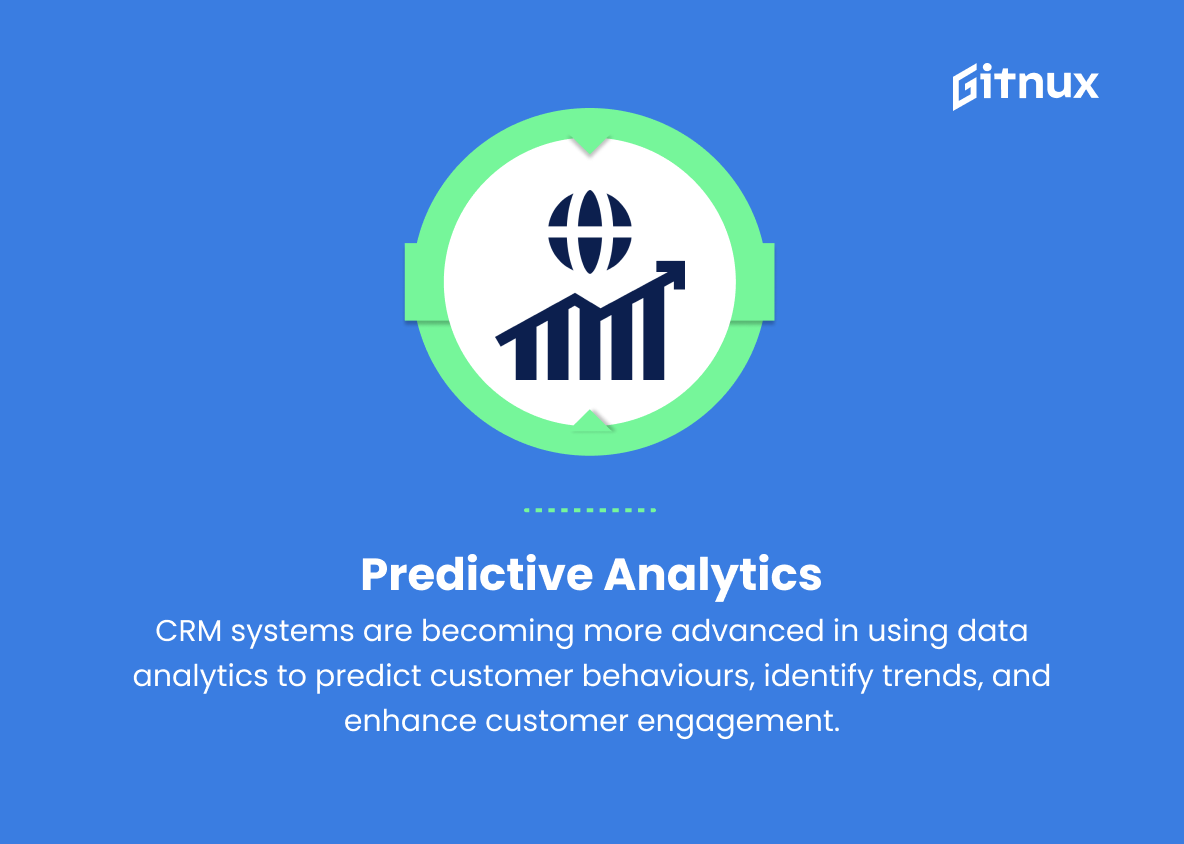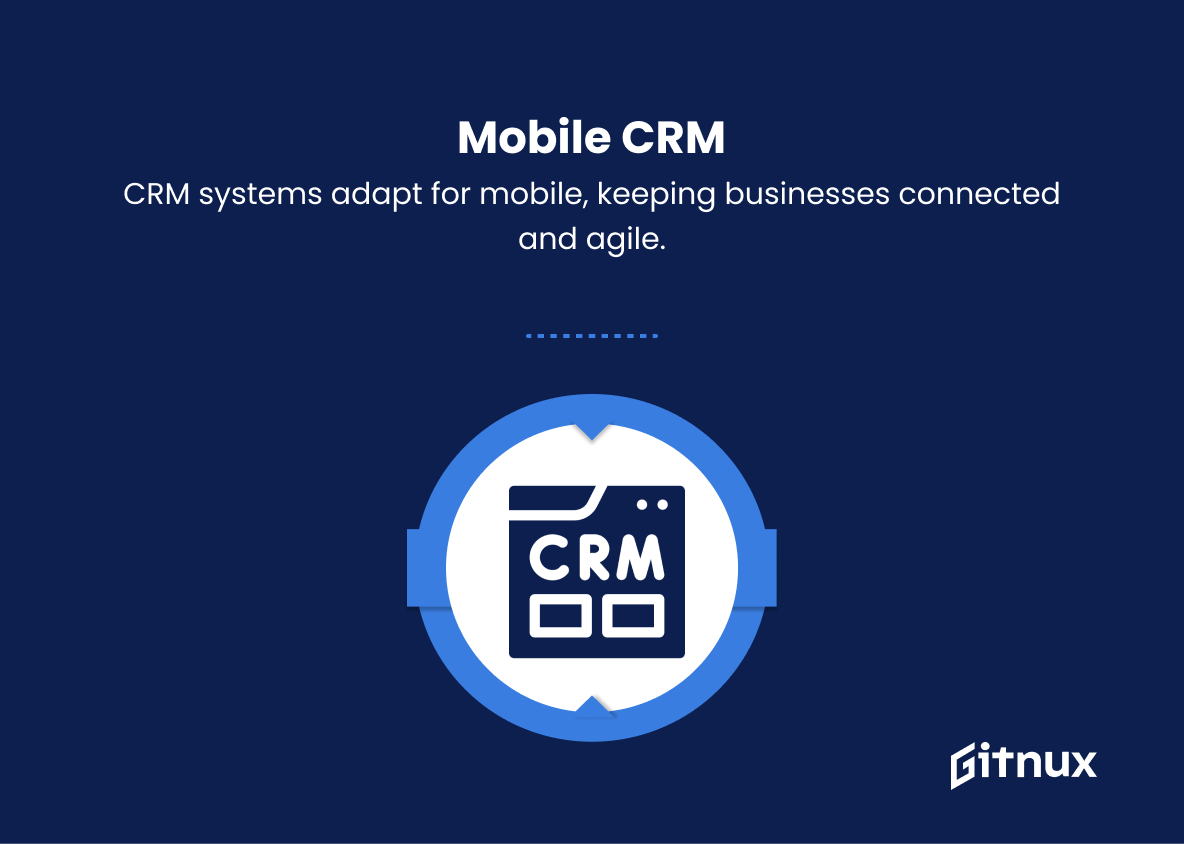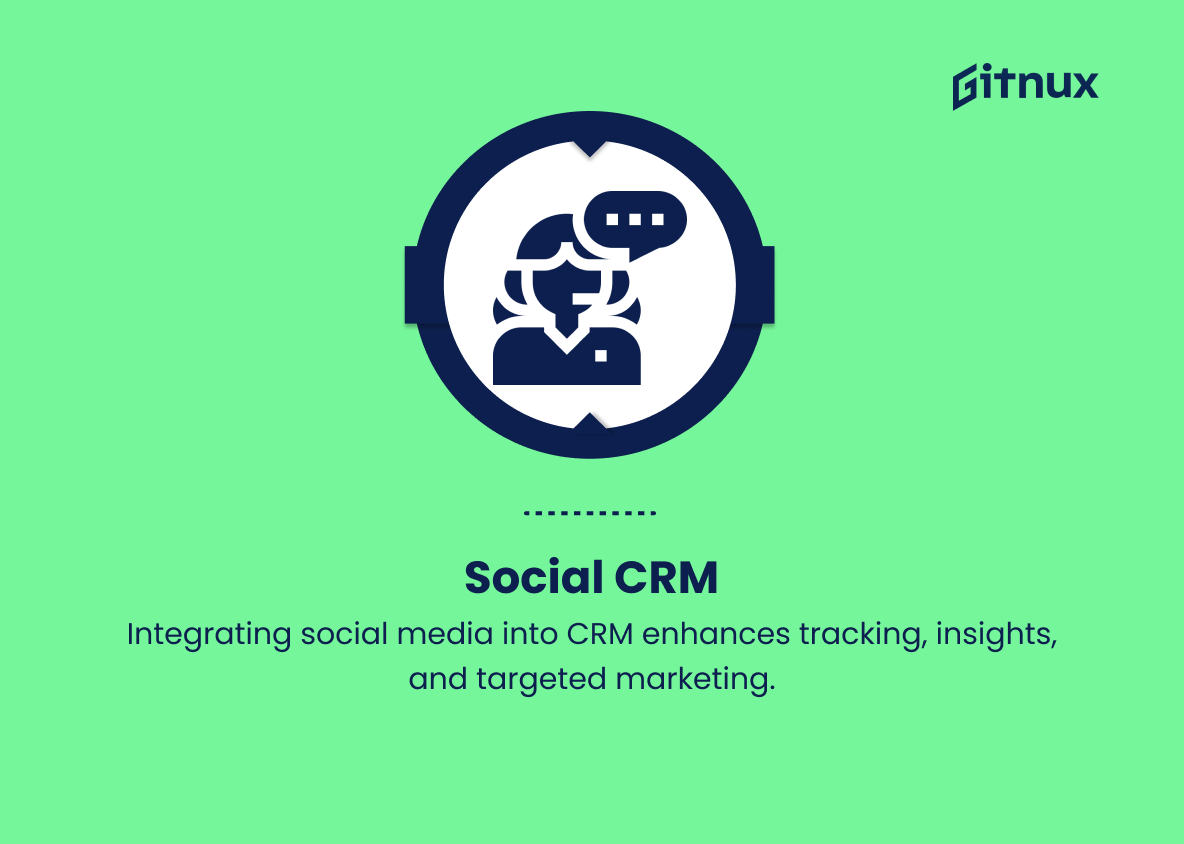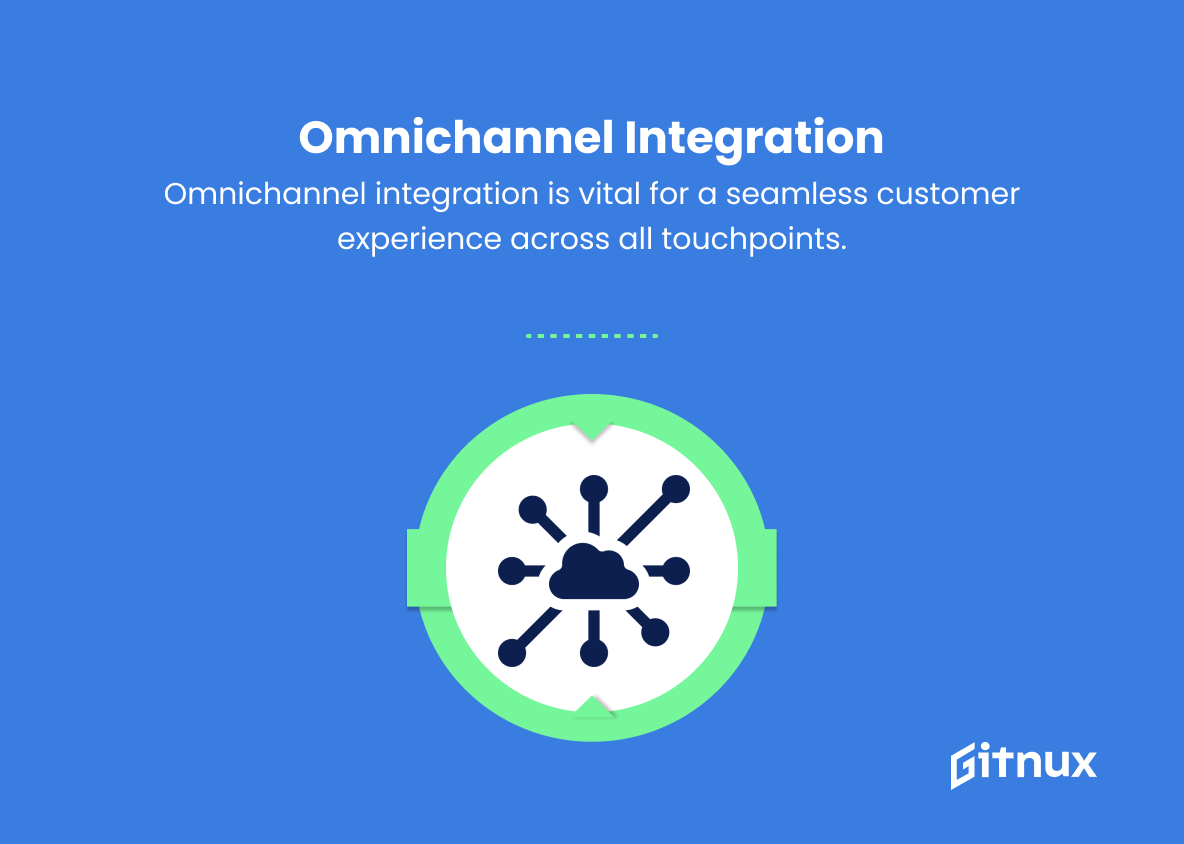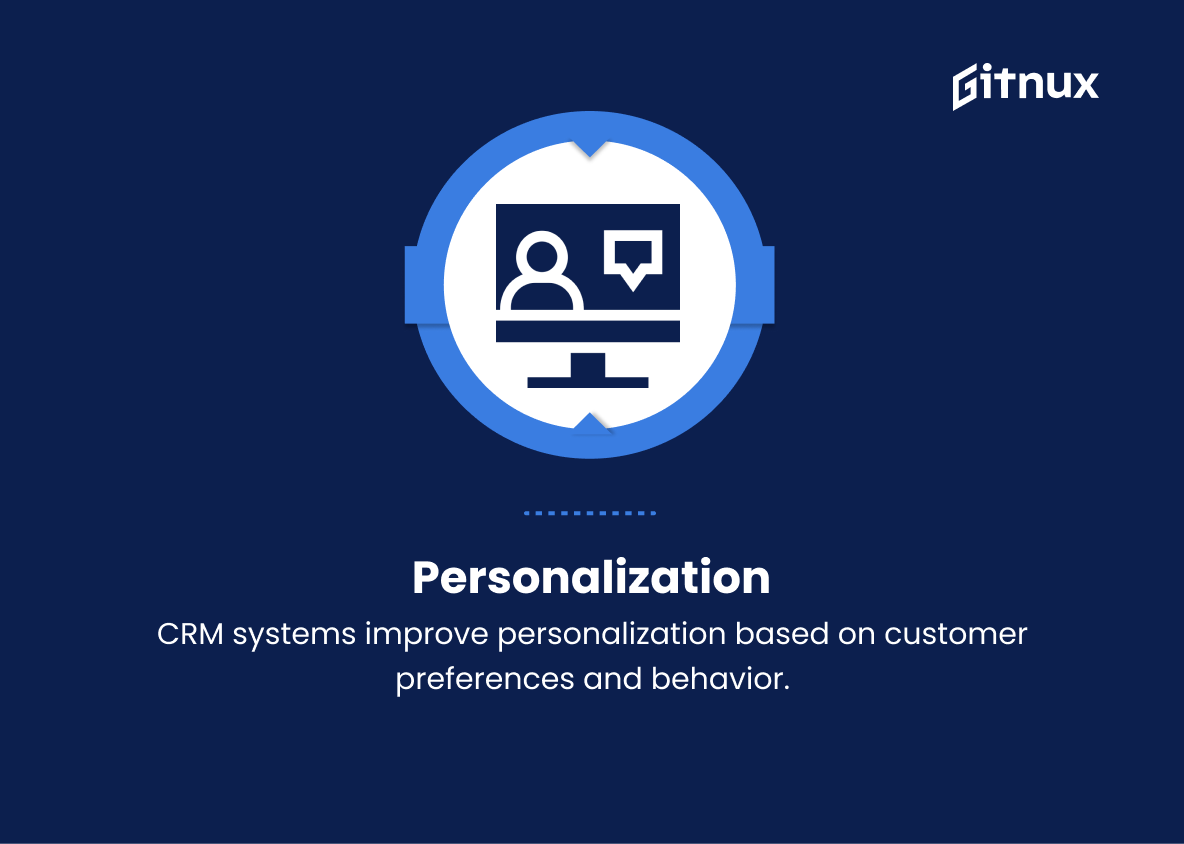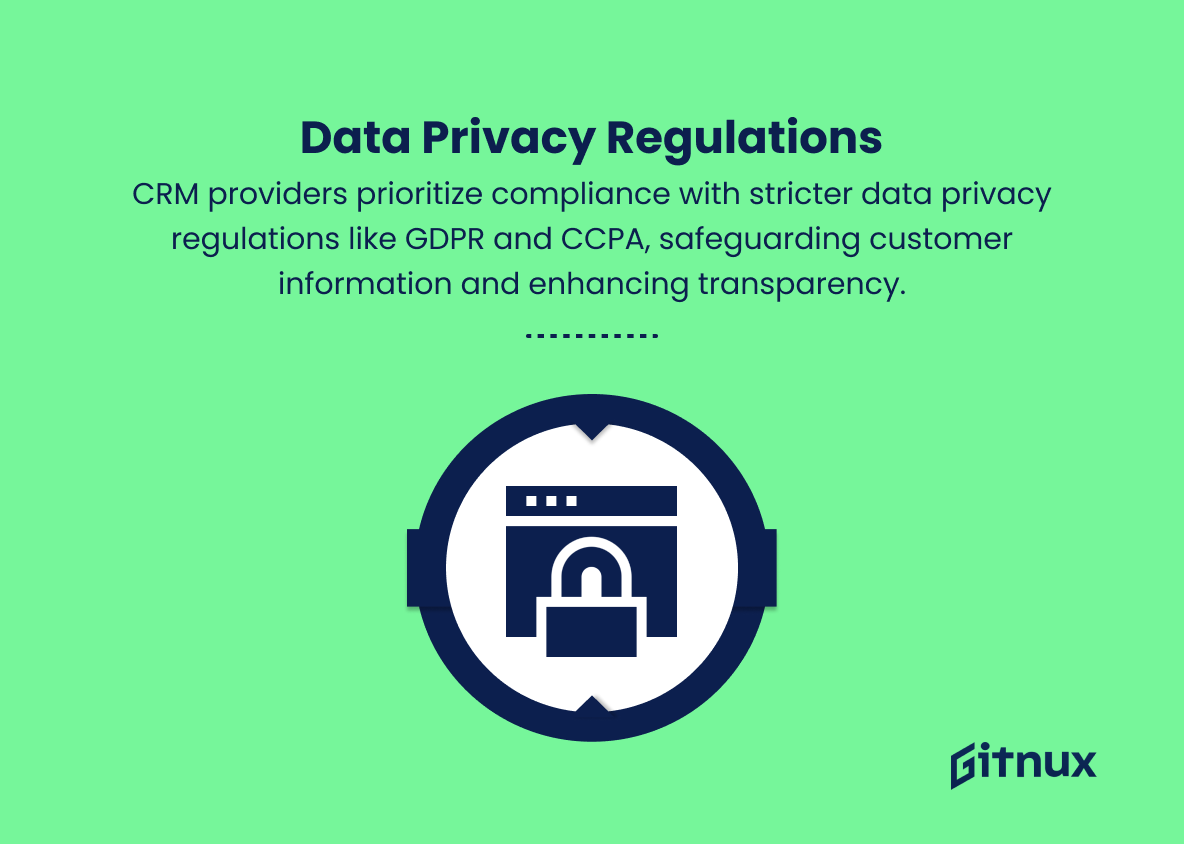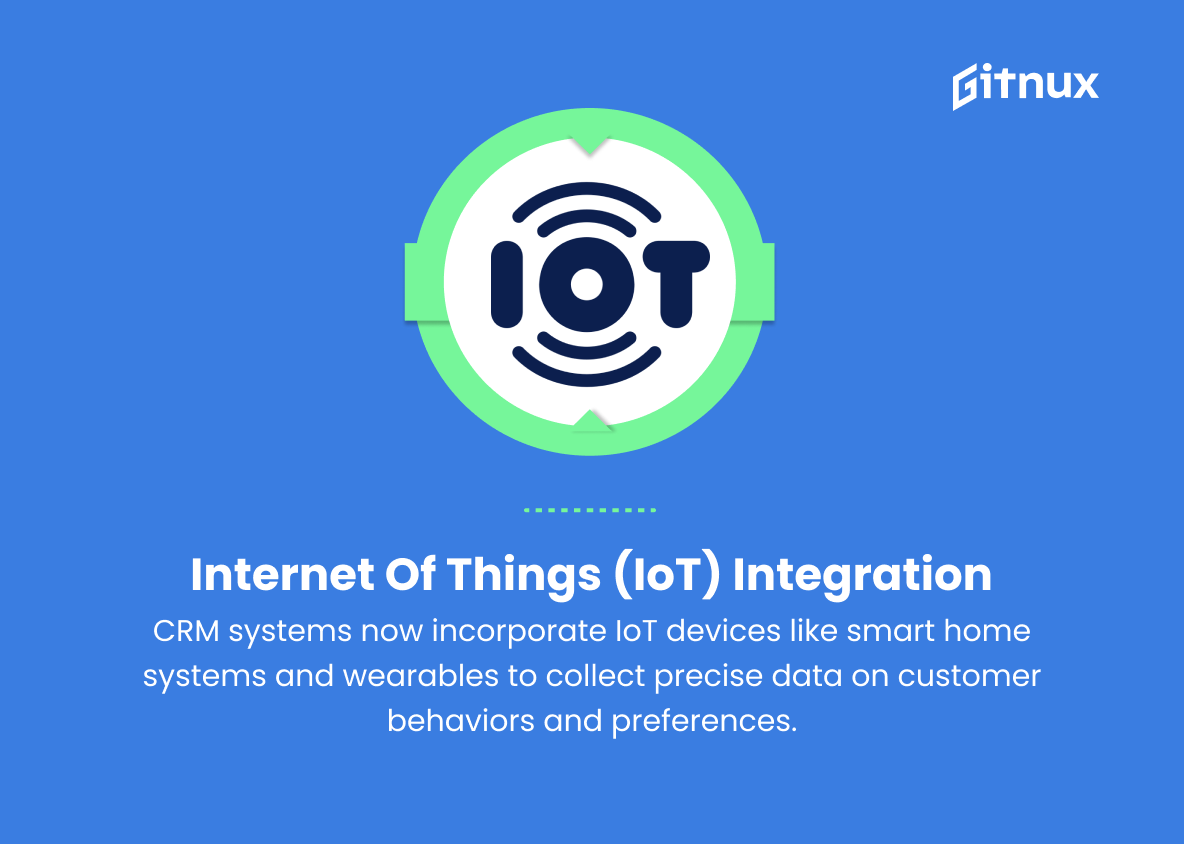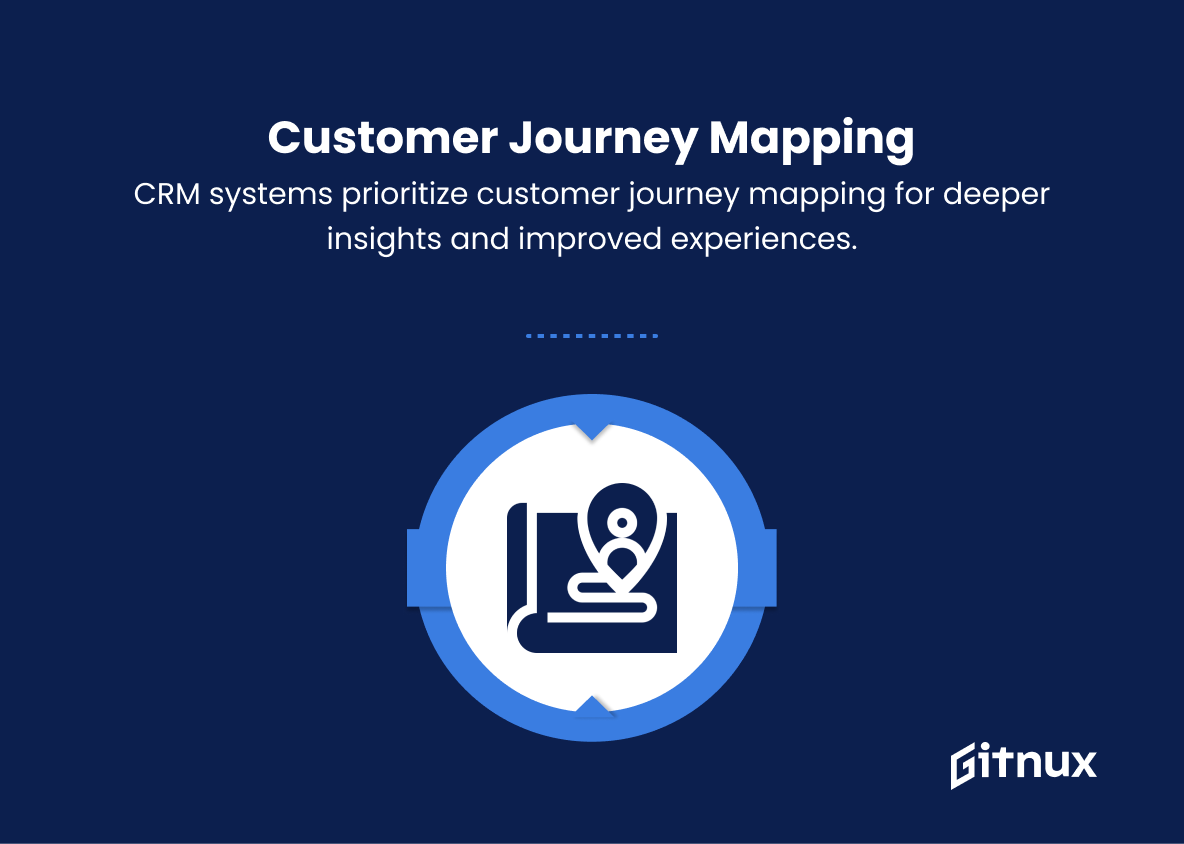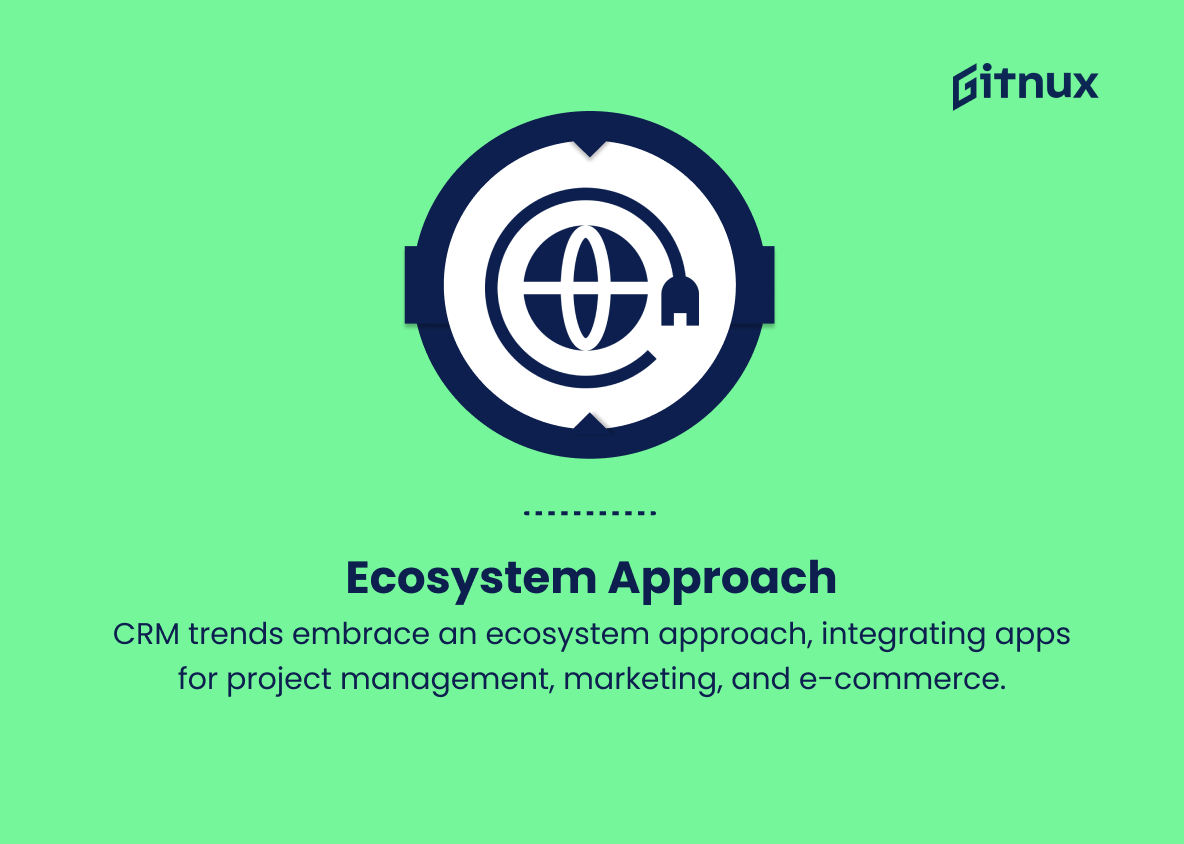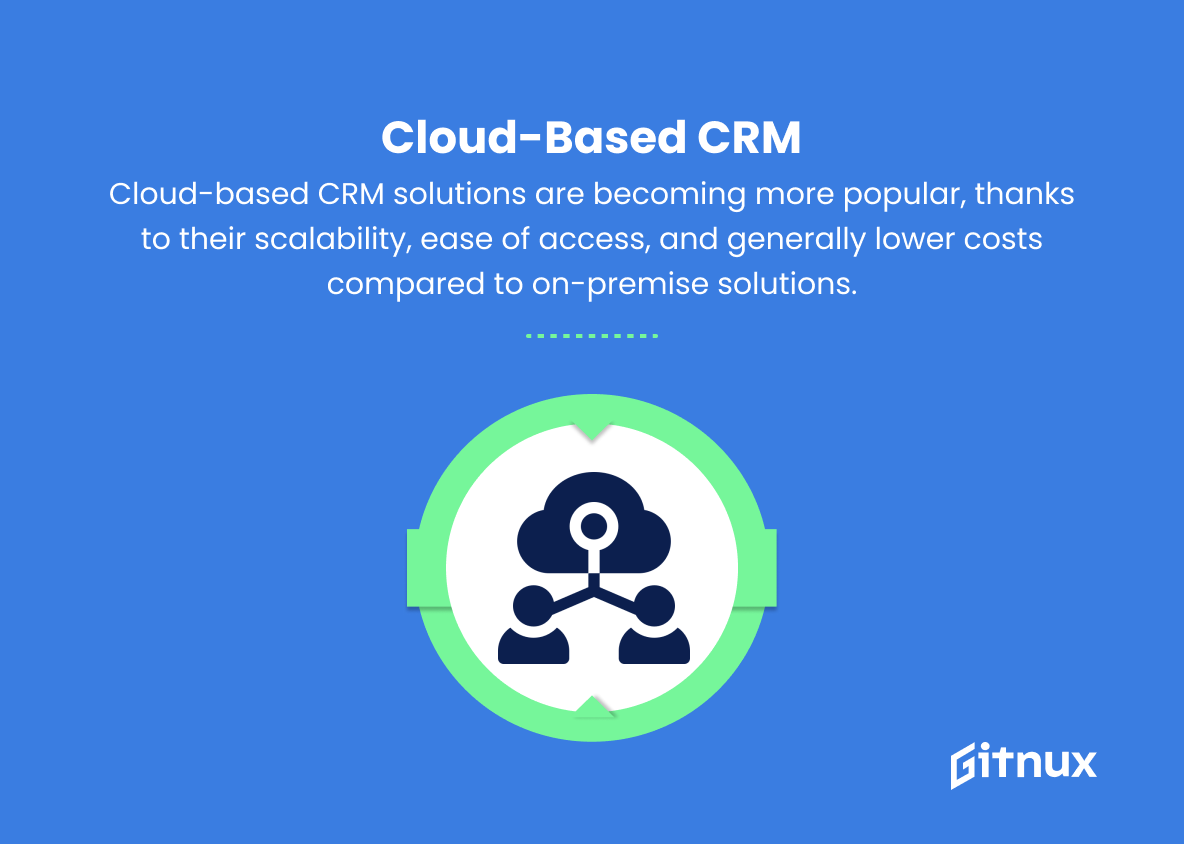In today’s rapidly evolving business landscape, staying ahead of the curve has become more essential than ever before. Organizations across the globe recognize the immense value in fostering and maintaining fruitful customer relationships, giving rise to the ever-growing Customer Relationship Management (CRM) industry. As we delve deeper into this dynamic ecosystem, it is crucial that we remain well-informed on the latest CRM industry trends, insights, and technologies shaping the future.
This blog post aims to provide a comprehensive overview of the most recent developments, shedding light on the emerging innovations, disruptive forces, and key players that are redefining the CRM landscape. By understanding these trends and their implications, businesses can make informed decisions and strategically enhance their CRM systems, ultimately propelling them towards greater success.
Top CRM Industry Trends
1. Artificial Intelligence (AI) Integration
The CRM industry is increasingly integrating AI technologies, such as machine learning and natural language processing, to help enhance customer interactions, predict customer behaviours, and provide smart recommendations.
2. Use of Chatbots and Virtual Assistants
More businesses are adopting chatbots and virtual assistants within their CRM systems to help with customer service, as well as providing personalized and instant responses, handling frequently asked questions, and assisting sales teams.
3. Predictive Analytics
CRM systems are becoming more advanced in using data analytics to predict customer behaviours, identify trends, and enhance customer engagement. This can lead to improved lead generation, targeted marketing, and increased customer satisfaction.
4. Mobile CRM
With the rise of mobile technology, CRM systems are being optimized for mobile use, enabling businesses to stay connected with customers and access critical business information from anywhere and at any time.
5. Social CRM
Integrating social media platforms into CRM systems has become a significant trend in the industry, enabling businesses to track customer interactions across various social media channels, gather valuable insights, and target customer demographics more effectively.
6. Omnichannel Integration
Omnichannel integration is becoming increasingly important, as businesses strive to provide a seamless experience across all customer touchpoints, including email, phone, chat, and social media.
7. Personalization
CRM systems are continually enhancing their ability to provide personalized customer experiences, taking into account each customer’s preferences, browsing history, and purchasing patterns.
8. Data Privacy Regulations
As data privacy regulations, like the GDPR and CCPA, become stricter, CRM providers are working to enhance their systems and ensure compliance, protecting customer information and providing increased transparency.
9. Internet of Things (IoT) Integration
IoT devices, such as smart home systems and wearables, are being integrated into CRM systems, allowing businesses to gather more accurate data on customer behaviours and preferences.
10. Customer Journey Mapping
CRM systems are increasingly focused on mapping the customer journey and providing a holistic view of customer interactions, helping businesses generate deeper insights and enhance the overall customer experience.
11. Ecosystem Approach
The CRM industry trends towards a more ecosystem-based model, with integration of various business applications like project management, marketing automation, and e-commerce platforms.
12. Cloud-based CRM
Cloud-based CRM solutions are becoming more popular, thanks to their scalability, ease of access, and generally lower costs compared to on-premise solutions.
Implications
The CRM industry is experiencing rapid advancements due to emerging technologies and an increased focus on customer-centric strategies.
Artificial intelligence is being integrated into CRM systems to enhance customer interactions and predict behaviours, while chatbots and virtual assistants streamline customer service and improve sales team efficiency.
Predictive analytics, mobile CRM, social CRM, and omnichannel integration provide businesses with more comprehensive and tailored insights into the customer journey, enabling better lead generation and targeted marketing efforts.
Personalization is becoming a priority as CRM systems adapt to provide increasingly customized experiences to each customer. The rise of data privacy regulations necessitates enhanced security and transparency measures, while IoT integration delivers more accurate data on customer behaviours and preferences.
CRM systems are moving towards a more ecosystem-based approach, with seamless integration of various business applications, and are increasingly adopting cloud-based solutions for scalability and ease of access.
Altogether, these trends are transforming the CRM industry landscape and driving the development of more dynamic, customer-focused solutions.
Conclusion
In summary, the CRM industry is evolving rapidly, with new trends and technologies playing a crucial role in shaping the way businesses interact with their customers. Embracing these trends and adapting to the changing landscape is vital for organizations to stay competitive and deliver exceptional customer experiences.
Consequently, companies must keep a close eye on AI-driven analytics, personalization, mobile CRM, integration with other business tools, and a growing emphasis on data privacy to stay ahead of the game. By doing so, they will be better equipped to foster strong customer relationships and drive sustainable growth in an increasingly complex market.
